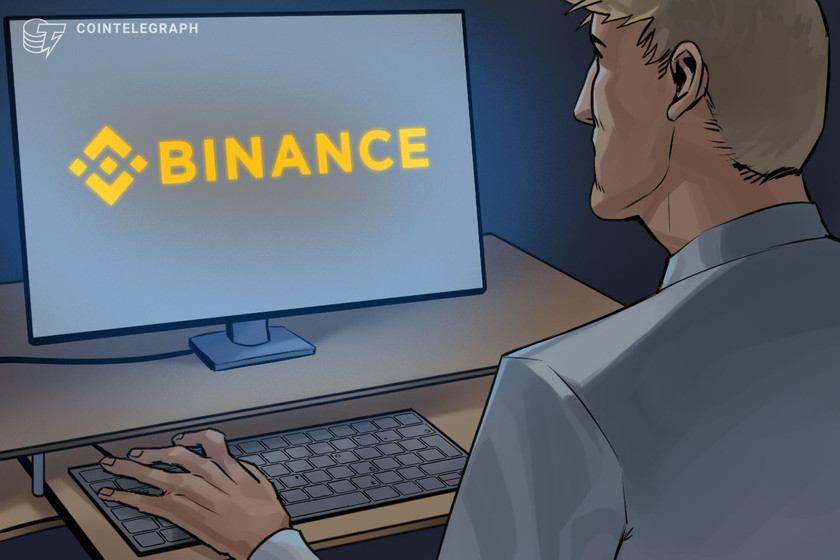AI-generated news anchors to present personalized reports on Channel 1 AI in 2024


A new AI-generated newsroom plans to launch its programming in early 2024, with AI-generated news anchors delivering AI-generated personalized news — what could possibly go wrong?
The media company Channel 1 AI is rolling out a brand new newsroom in 2024, with a catch — it’s powered by generative artificial intelligence (AI) and manned by AI-generated news anchors who will deliver personalized AI-generated content.
On Dec. 12, the channel released a teaser video of its upcoming segments on the social media platform X (formerly Twitter) with AI-generated news anchors delivering the company’s mission.
The 22-minute pilot introduced the content as “AI native news” and clarified that it would not constitute stories generated by AI, i.e., fake news, but rather take “trusted news sources” from across the globe to gather and synthesize information into its segments. It claims its goal is to provide “accurate, unbiased news.”














